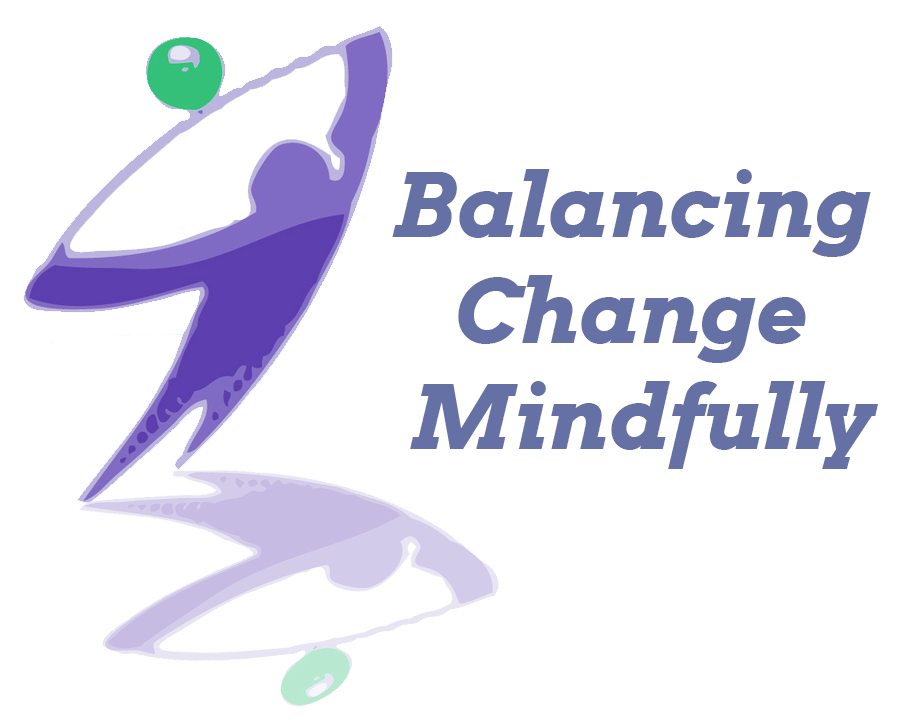
Uncivil Behavior that can be Toxic to the Workplace
Civility represents the social norms and rules that must be followed in order to positively and productively relate with others. When people hear the word “civility,” words that come to mind include respect, courtesy, tolerance, consideration, and a rational approach to conflicts. Behaviors that threaten positive and productive relations with other people, therefore, constitute uncivil behaviors.
You can be uncivil without meaning too — for instance, you simply assume that what’s acceptable in one social context (say, at your old workplace or at your home) is acceptable across all contexts. Or you can be uncivil intentionally, e.g. you verbally attack a co-worker because you can’t be bothered to provide reasonable accommodation.
What behaviors can be considered as uncivil? There are many. Below are just a few examples:
- Failing to acknowledge another person’s presence: Ignoring other people’s greetings and well-wishes; going past a co-worker without so much as a nod or a greeting.
- Using abusive language: Being verbally abusive or using crude language
- Gossiping: It’s uncivil behavior to both instigate and spread rumors against another person, regardless of whether the “news” seems accurate or relevant to the accomplishment of the task at hand.
- Discounting employee contribution: Discounting means deliberately downplaying or ignoring the importance of another person’s statement or work contribution. For instance, some members in a team may tend to cut off a person that they do not like during a brainstorming session. Taking credit — or worse, compensation! — for work that you did not do is also an example of discounting behavior.
- Bullying and intimidating co-workers: Threatening violence against co-workers who would report timesheet irregularities to management; leveraging the power of cliques in order to ostracize particular individuals.
- Sabotaging individual and company efforts: Intentionally not informing a co-worker who is competition for a promotion of the exact time a client will arrive in the building.
- Discriminating against a particular individual or group: Attacking an individual based on intrinsic characteristics such as race, gender, age, mental ability, and physical appearance.
- Practicing insensitivity against co-workers’ needs: Inability to pay attention to the feelings and needs of others e.g. not giving a grieving co-worker time off before demanding workplace attendance. Insensitivity may also come in the form of engaging in activities distracting to co-workers, e.g. taking a cell phone calls while in the middle of a meeting, not cleaning up the whiteboard as one leaves the training room, and demanding attention from subordinates outside of the prescribed working hours.
- Practicing poor etiquette in dealing with correspondence: Ignoring phone calls and emails, using company email to send private messages, and discussing individuals in mailing lists as if they are not there.
It’s worth noting: civility goes beyond mere good manners.
Civility is about effective self-awareness and effective social awareness. You can’t be an effective practitioner of civility until you recognize your place in the general scheme of things, and you develop an appreciation for the unique contribution of all else around. It’s a delicate balance between pursuing self-interest and practicing self-control in order for others and the organization to pursue their interests well. For this reason, effective programs on civility must always be prefaced by a training workshop on attentiveness to self and others.
If you are interested in receiving one-on-one or group coaching to better your organization, then sign up for Balancing Change Mindfully for free today!
Sign Up for Free Today!
[…] via 9 Signs you’re Working in a Toxic Work Environment | Balancing Change Mindfully. […]
I have seen this many times. In many ways it is no different than middle school-teasing, ostracizing, gossiping, downplaying, rolling eyes. You get it. The problem is not the behavior alone. It is the condoning or even encouragement of it. That’s what allows those who are easily led to follow suit and join in.